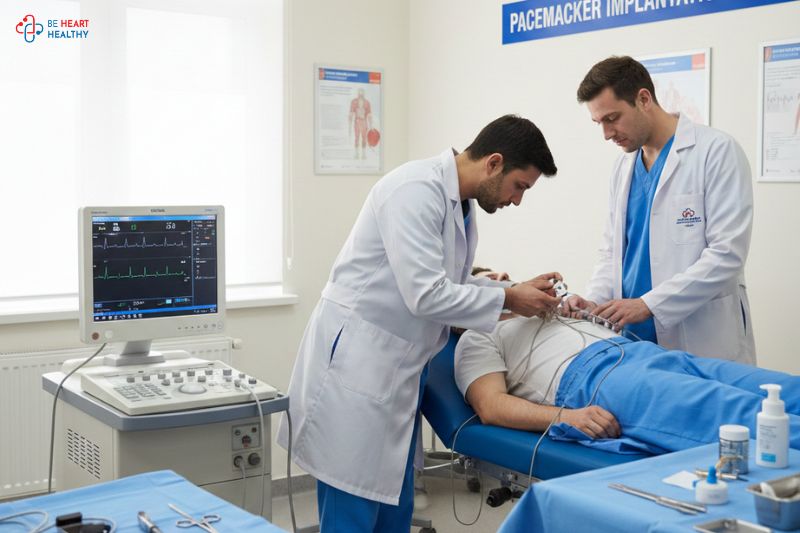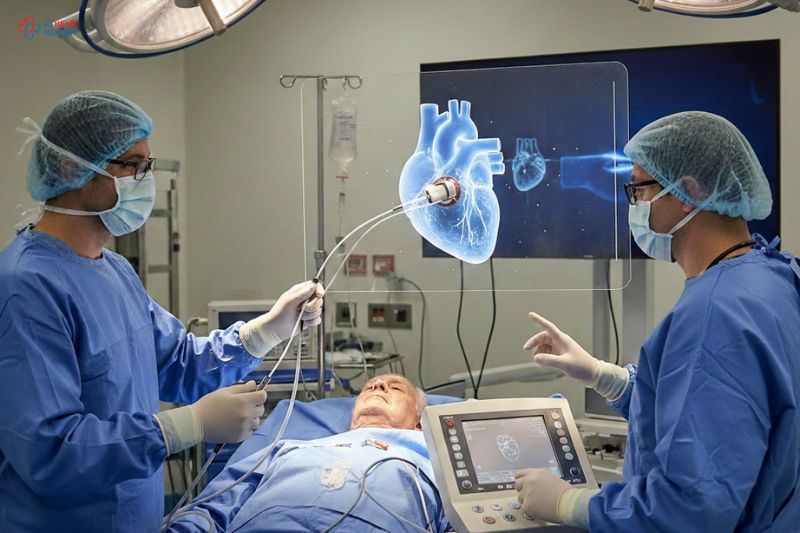Severe aortic stenosis is a life-threatening condition that affects the heart’s ability to pump blood effectively. For patients who are not candidates for open-heart surgery, Transcatheter Aortic Valve Implantation (TAVI) has emerged as a revolutionary treatment. This article explores why TAVI is considered the future of severe aortic stenosis treatment and how it is transforming patient outcomes in India.
1. Understanding Severe Aortic Stenosis
Aortic stenosis occurs when the aortic valve becomes narrowed, restricting blood flow from the heart to the rest of the body. Patients often experience symptoms such as fatigue, chest pain, and shortness of breath, which can severely impact their quality of life. In India, the advent of the TAVI procedure has provided a viable treatment option, especially for elderly and high-risk patients. This minimally invasive technique is widely regarded as a game-changer in cardiovascular care.
2. What is TAVI?
Transcatheter Aortic Valve Implantation, or TAVI, involves replacing the diseased aortic valve without the need for open-heart surgery. A catheter is inserted through a blood vessel, usually in the groin, to deliver and implant the new valve. In Mumbai, TAVI specialists use state-of-the-art technology to ensure precision and patient safety, making it an increasingly popular choice for severe aortic stenosis treatment.
3. Why is TAVI the Future of Cardiac Care?
TAVI has become the preferred treatment for many patients due to its numerous advantages over traditional surgery. In leading TAVI hospitals in India, this procedure is performed with minimal downtime, allowing patients to return to their daily activities sooner. Moreover, the procedure reduces complications such as infections and excessive bleeding, making it safer for patients with multiple health conditions.
4. Who Should Consider TAVI?
TAVI is recommended for patients with severe aortic stenosis who are at intermediate to high risk for open-heart surgery. These include elderly individuals, patients with pre-existing medical conditions, or those with a history of complicated surgeries. The success rate of TAVI surgery in India is impressive, with patients experiencing significant improvement in symptoms and quality of life. Consulting a specialist is essential to determine eligibility for this procedure.
5. The Benefits of TAVI Over Traditional Surgery
While the cost of the TAVI procedure in India may seem higher than traditional surgery, it is important to consider its benefits. TAVI reduces hospital stays, recovery times, and post-operative complications, leading to better overall outcomes. For patients, this translates to a quicker return to normal life and fewer follow-up interventions, making it a cost-effective solution in the long run.
6. Post-TAVI Recovery and Care
Post-TAVI recovery is generally smoother compared to open-heart surgery. Patients are encouraged to follow a heart-healthy lifestyle, including regular check-ups, prescribed medications, and dietary adjustments. In India, leading TAVI specialists provide comprehensive care plans to ensure the long-term success of the procedure, helping patients regain their confidence and health.
TAVI represents a transformative approach to treating severe aortic stenosis, offering hope to patients who may not have other surgical options. With its high success rate, shorter recovery time, and fewer complications, TAVI is undoubtedly the future of cardiac care. For those exploring advanced heart treatments, consulting a TAVI specialist in Mumbai is the first step toward a healthier and more fulfilling life.



